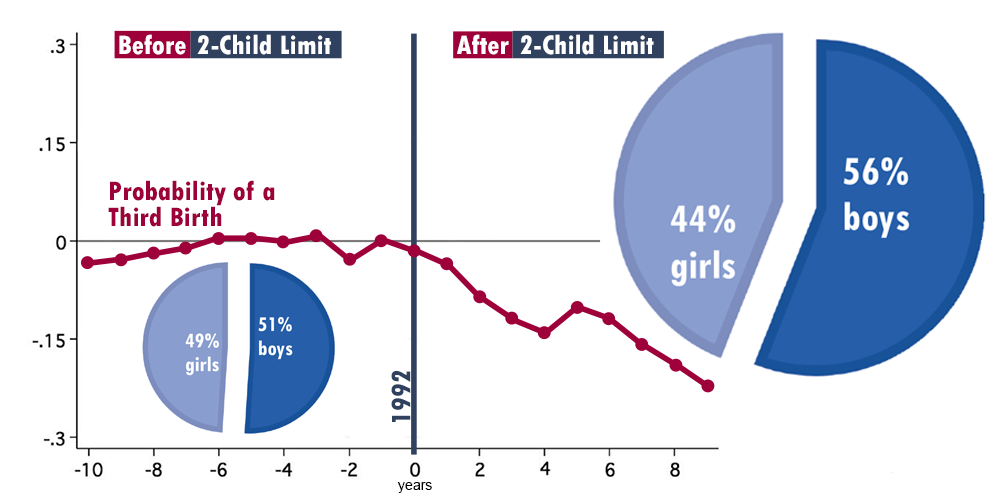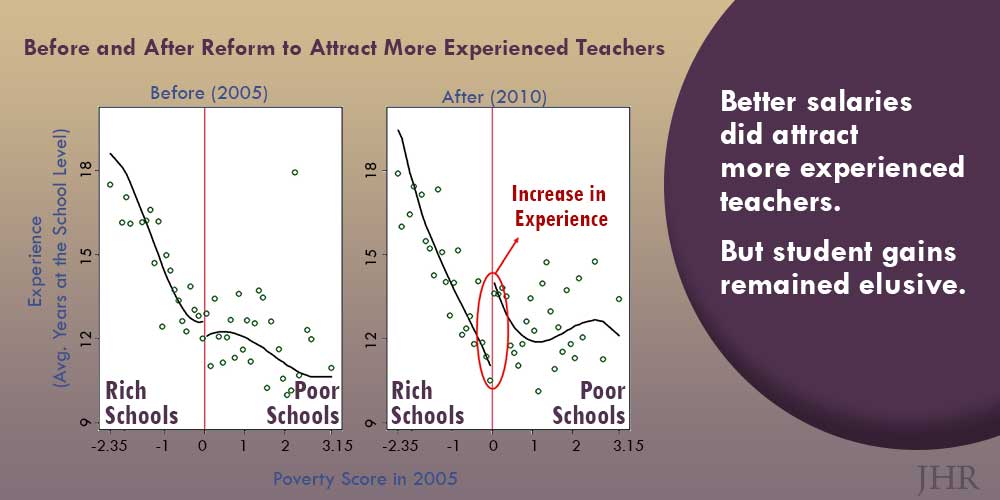When the Fire Goes Out, Children Face Lasting Effects: Evidence from the Indonesian Forest Fires
Recent devastating wildfires have drawn attention to how climate change is expected to make weather phenomena more unpredictable and wildfires more frequent and difficult to control. Little is known about how the accompanying air pollution affects long-term outcomes in children, who are especially vulnerable to its effects.
Maria Rosales-Rueda and Margaret Triyana analyzed the impacts of early-life exposure to the 1997 Indonesian forest fires on children’s long-term health outcomes in Indonesia. These fires were among the most intense fires in Indonesia’s history, emitting levels of particulate matter similar to the hazardous haze from agricultural burning or chronic exposure to indoor air pollution generated by the use of biomass fuels.
The researchers found that children exposed to air pollution while still in the womb are shorter than their peers, on average, three years post-exposure. They found this effect persists even at 10 and 17 years post-exposure. Furthermore, children who were exposed in the womb or in their first two years of life have 5 to 9 percent lower lung capacity 10 years post-exposure.
Rosales-Rueda and Triyana explored how these effects might be occurring and found suggestive evidence that contemporaneous effects on maternal and infant health may explain the persistent health impacts. During and immediately after the fires, expectant mothers experienced a deterioration in their lung capacity, and children under the age of two suffered breathing problems. The lasting consequences of air pollution on children’s health may not be apparent immediately, but hidden in future damages. Thus, the study sheds some light on the latent burden of air pollution on future generations, which is highly relevant given the recent forest fires in California, Greece, Indonesia and parts of Africa.
Read the full study in The Journal of Human Resources: “The Persistent Effects of Early-Life Exposure to Air Pollution: Evidence from the Indonesian Forest Fires,” by Maria Rosales-Rueda and Margaret Triyana.
***
Maria Rosales-Rueda (@Mafe_Rosales_R) is an Assistant Professor of Economics at Rutgers University. Margaret Triyana (@maggietriyana) is a Visiting Assistant Professor of Economics at the Keough School of Global Affairs at the University of Notre Dame.



